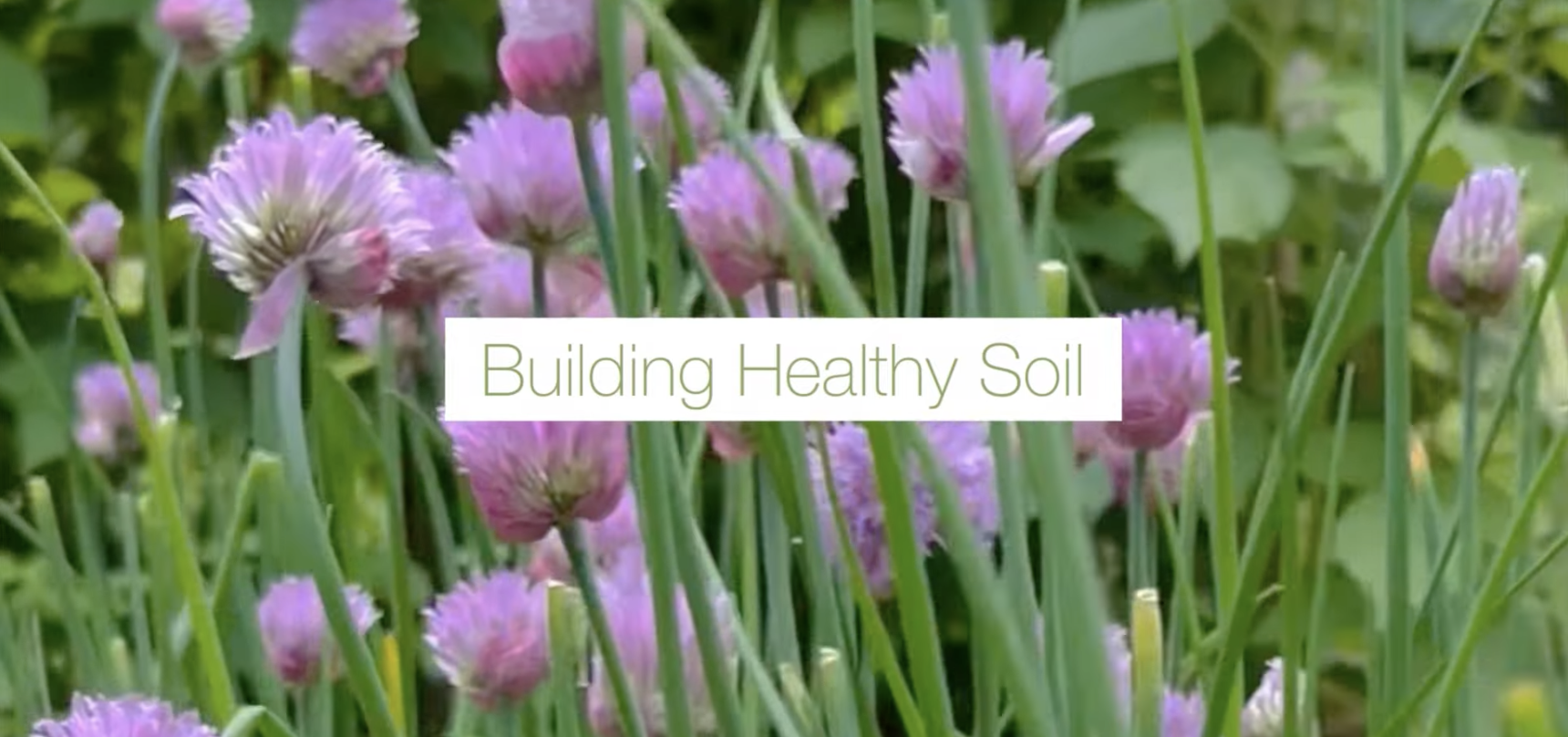Build Healthy Soil Foundation with VermisTerra



In the past, we had more issues with insect pests, plant diseases, and stressed plants. Presently, we don’t encounter them to the same extent. Our vegetable and fruit crops, flowers, and other plants are healthier, more productive, and hardier. Most of our lettuce crops last summer did not bolt during the heat waves with temperatures in the 90s and even a few days over 100 degrees Fahrenheit!
We’ve seen increased production in berries, which have been very sweet and flavorful! The flowers in our garden have more blooms and our leafy greens are more prolific and robust! We’ve also had great tomato yields!
Over the years, we’ve seen improvements in the overall health and structure of our soil using Vermisterra worm casting products.
In this video, I’m going to share how our soil improved over the years with the regular use of Vermisterra vermicompost or worm castings.
Before we sow seeds and start planting, the first thing we need to do is build the soil, this is the foundation of a garden. As organic gardeners, we do not use synthetic fertilizers or pesticides but rely on a healthy ecosystem.
To build healthy soil, we need to feed the microorganisms. Soil microbes break down organic materials releasing nutrients plants can use to grow and flourish. When we nourish the microbes in the soil, they will feed our plants. In addition, these microbes protect plants against potential pathogens and stresses, both biotic and abiotic.
In this symbiotic relationship, plants feed the microbes through their roots secreting exudates consisting of sugars, enzymes, organic, and amino acids.
When we incorporate Vermisterra worm castings and nutrient tea in our soil, we’re not only adding essential nutrients we’re also introducing beneficial microbes including fungi, bacteria, protozoa, and nematodes.
Vermicompost contains about 50% humus which is porous in nature. Humus is an organic material similar to what you’d find on the forest floor.
Humus increases soil porosity and retains moisture and nutrients. Worm castings can prevent nutrients from leaching into the water table and flowing into bodies of water.
Humus also provides homes for beneficial soil microbes while extracting toxins and harmful microorganisms from the soil. Another component of worm castings is humic acid which enhances photosynthesis and improves plant health, resiliency, and immunity. Plant hormones such as auxins, gibberellins, abscisic acid, and enzymes are also found in vermicompost aiding in plant growth and development.
Another benefit to using worm castings is it allows carbon sequestration. This means atmospheric carbon is captured and stored in the soil reducing greenhouse gas emissions.
—
When we work with Mother Nature, the soil and plants are healthier. Anyone can achieve a successful and healthy garden, but we need to start with the foundation and build fertile soil which takes time and patience, but the rewards are worth it!